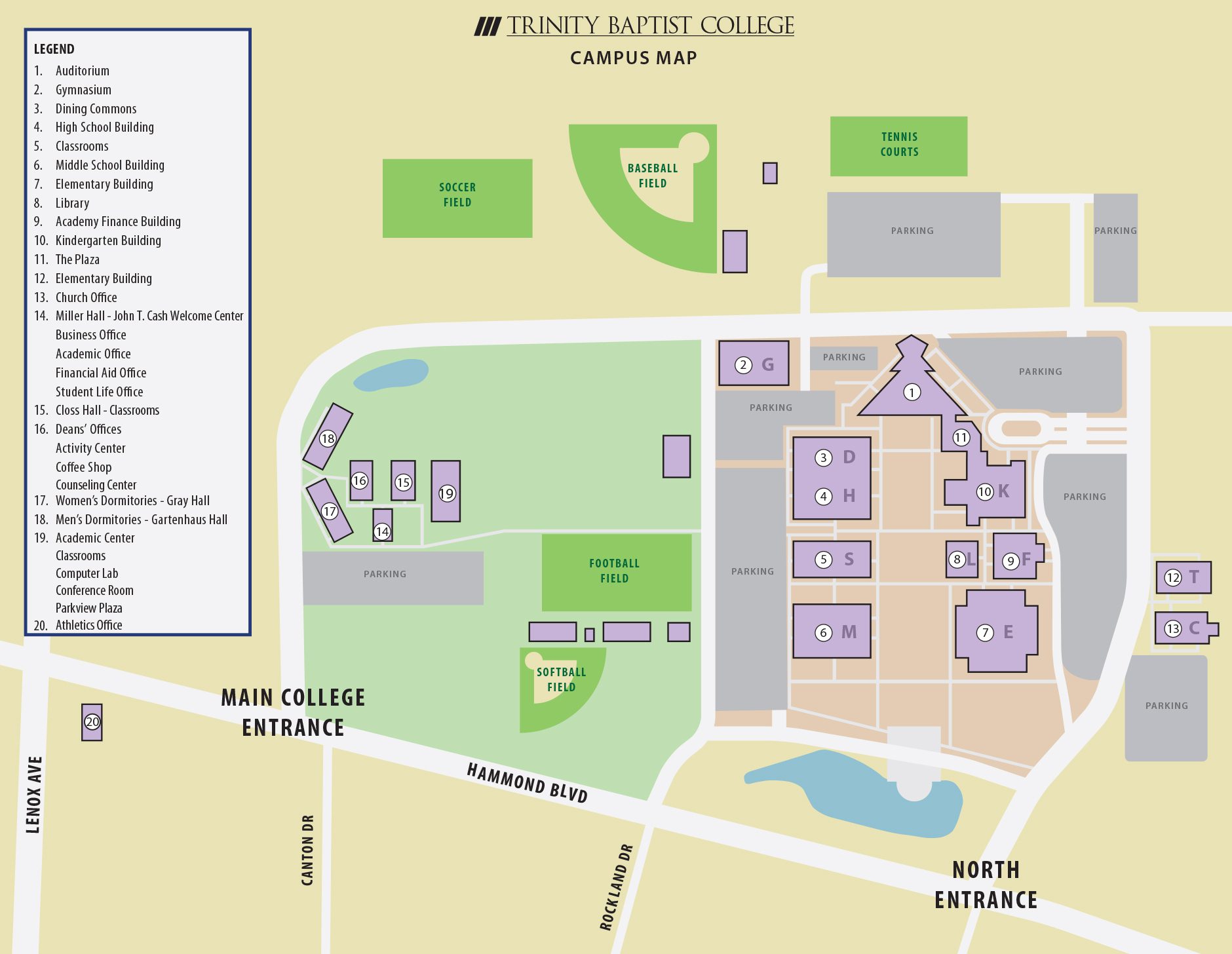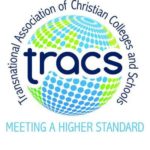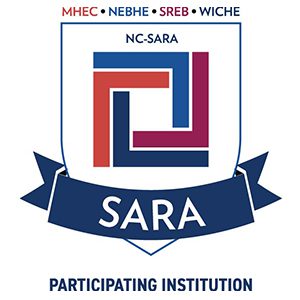You don’t know what you don’t know (Or: Why taking “that class” is a good idea)
 It seems inevitable. At some point in your college career you will find yourself taking a course that seems disconnected to your major. You may begin to question the decision-makers who determined that this should be a required course in your program of study. When mid-terms roll around, your patience can start to wear thin.
It seems inevitable. At some point in your college career you will find yourself taking a course that seems disconnected to your major. You may begin to question the decision-makers who determined that this should be a required course in your program of study. When mid-terms roll around, your patience can start to wear thin.
Before you get too frustrated, take a few moments to consider a different perspective. Fast forward ten years and try to imagine where you will be and the goals you will have reached. Now, imagine being able to look back and re-arrange some things in your past that would have made your path to success a little easier.
That it what the Administration has done for you. They are on the other side of college life; they have seen how students in your chosen field tend to branch out and explore related fields, or how they tend to get started in their career after college. They have identified areas in which students would benefit from some coaching in order to achieve a larger, more ambitious, goal. In an effort to educate well-rounded students who are equipped for success, they have thought beyond graduation, visualized potential weak spots, and done their best to strengthen them.
For the sake of an example, let’s imagine a young man intending to go into ministry and enrolling in the Pastoral Theology program at Trinity Baptist College. He will, of course, take classes such as Greek, Hermeneutics, Advanced Theology. However, he will also be required to take Effective Writing, Speech, Appreciation of Fine Arts, and General Psychology. On the surface, it might not be obvious how these courses relate to Pastoral Theology. However, there is a very real and important connection.
What does a pastor do? – He guides a group of people in their understanding of the Word of God; he preaches; he counsels; he visits the sick; in a small church, he may be called upon to start new ministries such as a children’s ministry or a choir. As a recent college graduate, he may not jump right into being a head pastor – he may likely begin working in other ministerial areas. Possibly as a children’s director or youth pastor. Possibly both at once! What are some assumed expectations? The young man will be expected to know how to write an intelligent sermon and how to present that sermon effectively. He will be expected to counsel individuals through pain, suffering, and anguish. He will be called upon to officiate weddings and funerals. He will be expected to present the gospel at the drop of a hat. He will be expected to have a basic understanding of how fine arts (music, singing, dramatic interpretation) inspires and affects people deeply and how to effectively and correctly incorporate that into the church
What backgrounds make up a church membership and staff? – There are no limits! Some come from close-knit families, others are outcasts. Some are brilliant business people, others are gifted humanitarians. Some excel in fine arts, others are fantastic administrators, manual laborers, or entrepreneurs. What are some assumed expectations? He will be expected to connect with a broad variety of individuals with differing tastes and abilities. He will be expected to have a grasp on how to handle conflict and bring out the best in others.
With what age groups and life stages is a pastor expected to connect? — Each and every one, right? Grandparents, parents, single adults, teens, children. What are some assumed expectations? He will be expected to help and encourage aging grandparents. He will be expected to address and wrestle through issues with rebellious and adventurous teens. He will be expected to counsel grieving parents. He will be expected to give wise advice to high school students wondering what’s next. He will be expected to hold the attention of teens and adults simultaneously… talk about a challenge!
Do you see how General Psychology fits in now? How Effective Writing and Speech class can make the difference between a dry or engaging sermon? How a basic appreciation of (not even an enjoyment or skill in) fine arts can enhance a ministry?
These are the big-picture issues at stake when a course of study is planned out with purpose. The goal at Trinity Baptist College is to train up individuals who are not only well educated in their area of expertise, but also prepared to address the secondary challenges associated with that field. So, next time you feel confused or frustrated about a class because you feel it doesn’t apply to you, try to look ahead. Visualize scenarios that your chosen field could present – chances are, you’ll get a better understanding of why that class was included in your course plan.








Leave a Reply